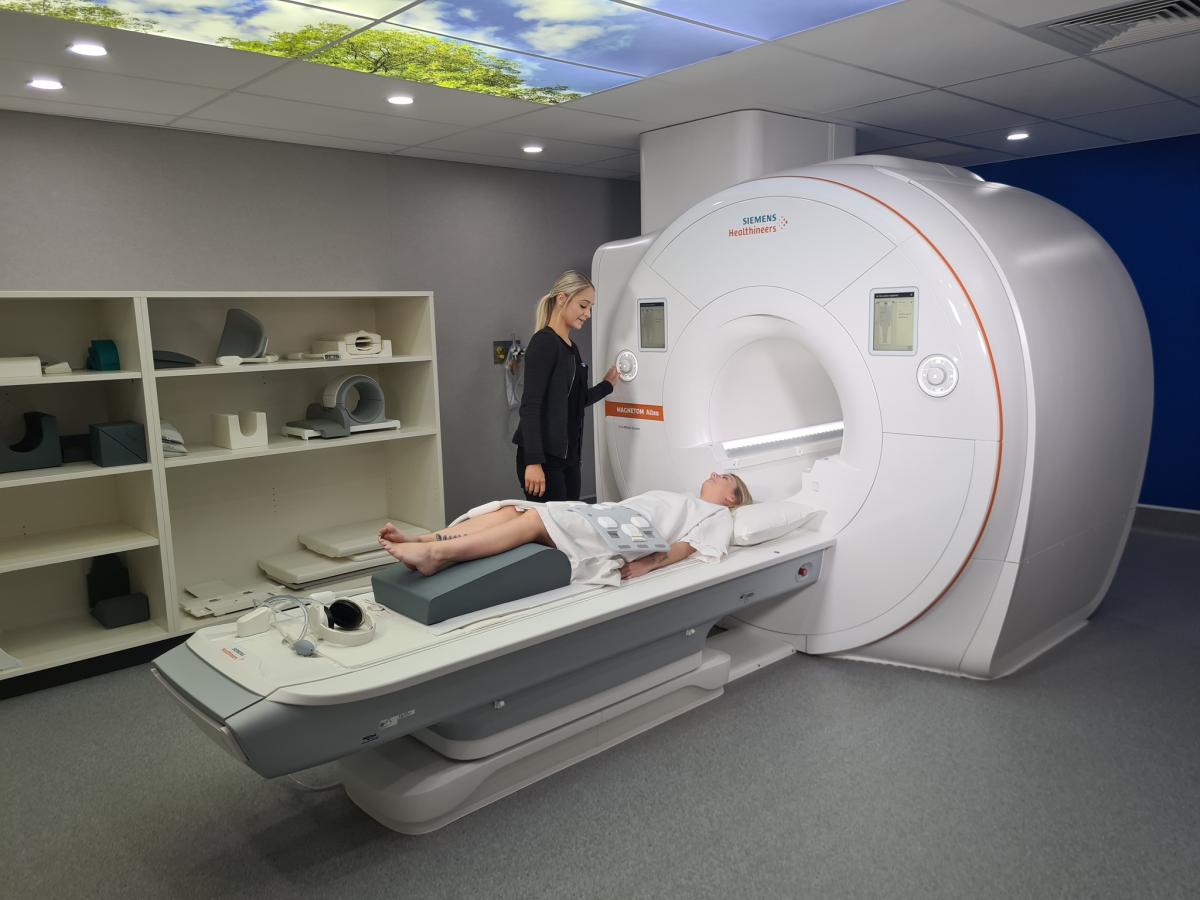Diagnosing endometriosis with imaging and artificial intelligence

The IMAGENDO research program, lead by Prof Louise Hull with University of Adelaide and collaborating with the Australian Institute of Machine Learning, is developing a machine learning-based medical imaging tool to diagnose endometriosis earlier and less invasively.
Currently gold-standard diagnostic tests for endometriosis rely on performing abdominal keyhole surgery to visualise endometrial lesions internally. Diagnosis of endometriosis is delayed by 7-12 year and the current diagnostic method has numerous barriers including cost, requirements of a surgical team and operating facilities, and poor access for regional healthcare.
The MRFF awarded IMAGENDO $1.99 million in 2021 to developing a novel, accessible, cost-effective, less-invasive and non-surgical diagnostic tool for endometriosis. Machine learning will digitally combine pelvic scans from specialised ultrasounds and magnetic resonance imaging into an artificial intelligence algorithm to digitally identify endometriotic lesions. Patient and primary care accessibility to this tool will be prioritised. This new approach to diagnose endometriosis thereby dramatically reduces diagnostic delay, prevents and treats chronic pain, reduces serious complications such as infertility, promotes timely treatments, and will increase quality of life. IMAGENDO team includes Prof Gustavo Carneiro (University of Surrey), Prof George Condous (OMNI Gynaecological Care), and Dr Jodie Avery. IMAGENDO receives additional funding support from Endometriosis Australia, the Australasian Society of Ultrasounds in Medicine, and the Australian Gynaecologic Endoscopy Society.
To read more about the IMAGENDO team click here.
This story is published as part of the "15th Anniversary Celebration" series of the Robinson Research Institute. Highlighting the achievements and life-changing breakthroughs of our research teams.
